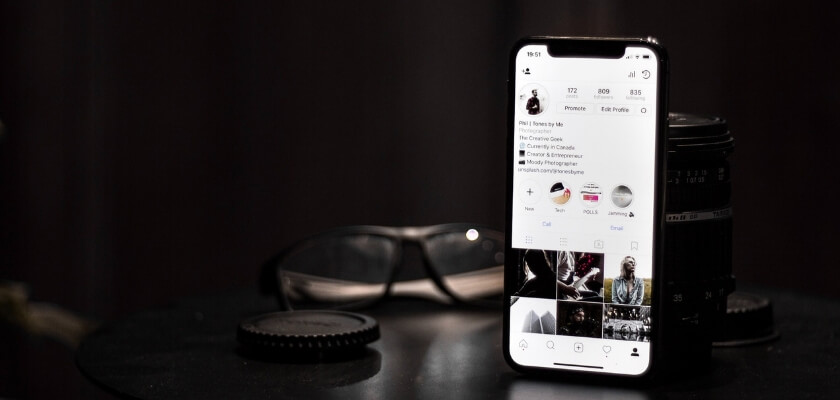Facebook is looking for ways to balance its tarnished public image with the need to press forward with its core business – i.e., personal data collection that is then used for advertising purposes. The company’s recent F8 developer conference revealed some ideas about how the tech giant may go about this task, including by improving what it referred to as “general well-being” of users on its platforms.
One possible way of going about this goal is to remove the “pressure” from its once image-sharing service – now the playground of “influencers” – Instagram.
And this would be done by hiding like counts.
The purpose of these counts is to persuade users into believing that a post – and more importantly, a product hawked therein – is important or worth buying.
So how would removing this effectively advertising metric affect influencers themselves – those who rely on likes as proof of usefulness to the brands they promote?
“I expect we’ll see a spike in the use of Instagram stories, which have historically been weighed more favorably by the algorithm than Instagram posts,” Daily Hive is quoting Talk Shop Media’s Krystin Lee as saying.
But there may also be a spillover of sorts – as brands may become increasingly likely to spend their advertising dollars on the mothership, i.e., Facebook itself – while Instagram is experimenting with other ways of proving useful in this segment, such as allowing users to shop directly from posts thanks to the in-app checkout feature.
The removal of like counts is still in its testing phase, now implemented for users in Canada, and it’s hopeful for many that the motive is to go back to Instagram’s roots as a platform for publishing photos and videos – and also, that the possible change might prompt “influencers” to become “more creative” – that is, beyond making sure that their content receives a massive amount of likes.
Meanwhile, a spokesperson for Facebook said that creators will still be able to see how many likes their posts received, even if this will be hidden from visitors – and that all those who like their posts will still be visible to them.
And Facebook made sure to explain that features tested in this “exploratory” way will not necessarily be implemented on the platform.













